Kenya
A study by an international group of cancer consultants says the number of people dying of the disease in sub-Saharan Africa could reach and even exceed a million per annum within eight years due to an insufficient number of specialist cancer centres and too many patients seeking medical attention when the disease is too advanced for treatment.
In Sub-Saharan Africa, some are abandoned by their family when diagnosed with an illness. This is the story of Kenyan Josephine Leshao. The 44-year-old mother was estranged and abandoned by her family because she questioned her husband's fidelity when she tested HIV positive after delivering her third child. However, her ordeal didn’t end there,10 years later she was diagnosed with eye cancer. She was then forced to sell her plots of land to pay for an eye surgery. Today she wouldl ike for the government to help low-income citizens suffering from cancer. "Even when one makes it to the hospital if they lack money, they cannot access treatment, she says. I wish cancer was treated as a national disaster just like HIV as we would receive free medicine and many people would be cured. When you don't have money, you cannot beat cancer."
Kenya has set up a taskforce to deal with the rising death toll from cancer and is expected to move towards universal health care. A move than could reveal helpful because a new study by a group of cancer consultants found cancer deaths, in Sub-Saharan Africa, are set to nearly double, rising to one million deaths a year by 2030.
National disaster
Dr. Wilfred Ngwa is an associate Professor, of Radiation Oncology and Molecular Radiation Sciences, Johns Hopkins Medicine in the United States. He is the lead author of the Lancet Oncology report. The medical journal set up a commission of cancer specialists to look at the rising numbers of cancers and cancer deaths in 54 sub-Saharan African nations.
"Why we call it a cancer emergency in Africa is because if you look at the cancer incidence and mortality compare, right? So if a hundred patients, 100 people have cancer in Africa, 80 percent of those people would die. They don't have access to the same kind of treatments and all the infrastructure that is common in countries like the United States and Europe."
Prostate, esophageal and colorectal are the leading cancers in incidence among men in Kenya, and in women, breast, cervical and esophageal cancers are the most common. Experts like Dr. Ngwa say high costs and poverty at root of treatment failure also account for the high death toll; too many patients seeking medical attention when the disease is already advanced for treatment: "Africa has about 2000 languages, so dialects in some of these dialects we don't have a word for cancer, Ngwa says. I grew up in a village like that. So we call it something else, it's witchcraft or some other thing. What happens then is that people die and they're never really counted as cancer. I mean, you can't even begin to treat something if you do not have a name for it, you know, you don't even know what it is."
In 2018 cancer was the third leading cause of death in Kenya, according to the Ministry of health.



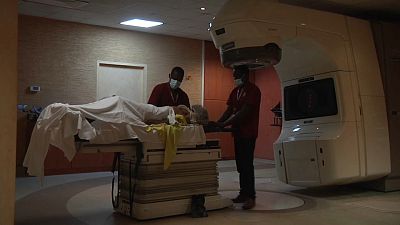

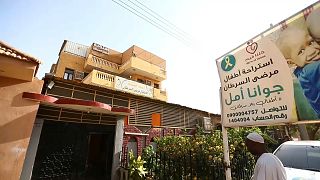
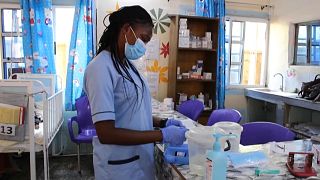
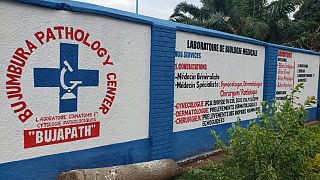

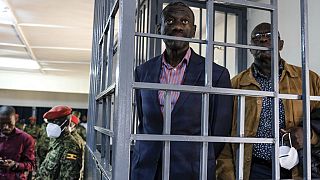
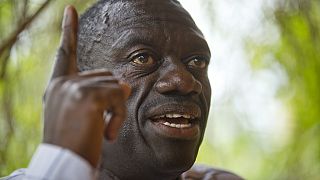


01:37
Record participation at 24th Sofi Great Ethiopian Run
01:36
Kizza Besigye faces Military Court as Uganda-Kenya jurisdiction row deepens
02:34
Initiative in Nairobi's Mukuru slums uses fly lavae to tackle food waste
01:48
Kung Fu gains popularity among young people in Kenya
01:38
Drones beat logistical challenges to delivery of medical supplies in Kenya
01:43
Democrats in Kenya fear what the next four years will hold, after Trump's U.S. election win